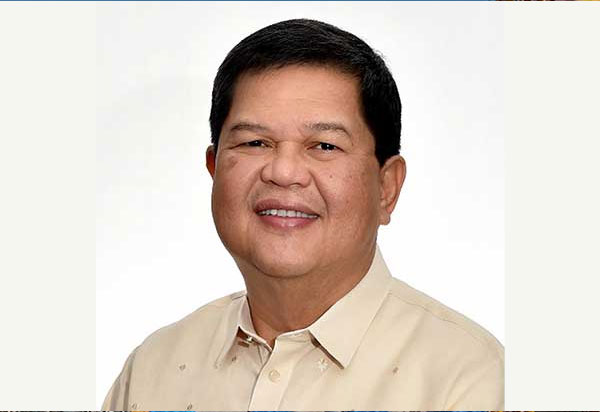Forex policy further eased, says Espenilla

BSP Governor Nestor Espenilla Jr. said the approval requirement for purely private sector loans or those without guarantee from or exposure of any public sector entity has been waived. File
MANILA, Philippines — The Bangko Sentral ng Pilipinas (BSP) launched yesterday a fresh wave of foreign exchange liberalization measures to facilitate the ease of doing business in the country and support sustained economic growth.
BSP Governor Nestor Espenilla Jr. said the approval requirement for purely private sector loans or those without guarantee from or exposure of any public sector entity has been waived.
However, he clarified that the loans need to be registered as the central bank opened a temporary window for six months for the private sector loans obtained without the required BSP approval.
Espenilla said the reforms are in line with the BSP’s thrust to further open up the economy through a more liberal policy framework.
“The reforms aim to promote greater ease in the use of the foreign exchange resources of the banking system for legitimate needs by further relaxing foreign exchange rules and further streamlining of procedures and requirements,” Espenilla said.
The major overhaul of the country’s foreign exchange regime was the 10th wave as the central bank has adopted several changes over the past few years.
“This latest thrust represents the BSP’s goal to ensure greater and ease of access to foreign exchange resources in order to help support economic activities,” he said.
According to Espenilla, the recent wave of reforms was also done with due recognition of the continuing volatility in the external financial markets.
Furthermore, the BSP chief explained the requirements to support applications for registration and purchase of foreign exchange from the banking system were also substantially trimmed down.
Likewise, the BSP liberalized the use of the form of documents by allowing the use of scanned application to purchase foreign exchange form.
“The revised rules aim to further facilitate financing of critical and urgent projects and activities that can contribute to a more vibrant business climate conducive to growth,” Espenilla said.
The Duterte administration is looking at spending between $160 billion and $190 billion for major infrastructure projects under the Build Build Build program.
Economic managers also penned a gross domestic product (GDP) growth ranging from seven to eight percent between 2018 and 2022.
Even as the rules have been liberalized further, the BSP chief said banks are expected to continue to adopt safe and sound practices in their operations.
“This liberalization move is expected to further strengthen BSP’s database and its ability to adopt timely and necessary prudential measures to address any perceived emerging concerns,” Espenilla said.
- Latest
- Trending


























